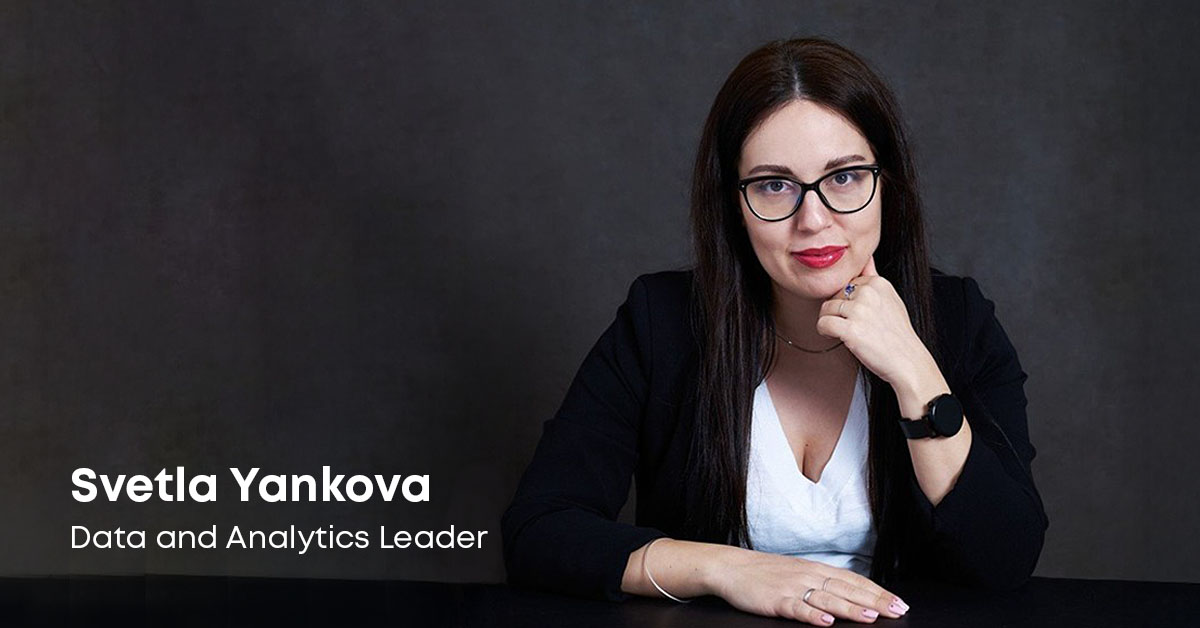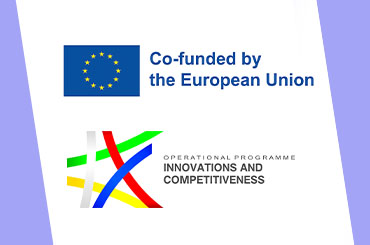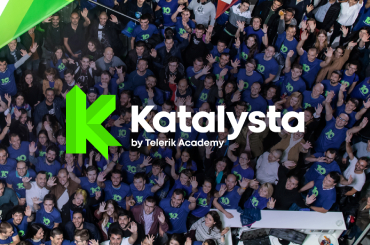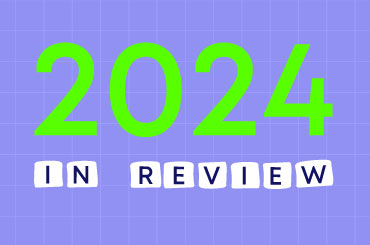



I’ve always found the intersection between business and technology exciting. But nearly 20 years ago, “data” wasn’t really a thing outside of academia. It took some time to find my calling. Studying computer science at the High School of Mathematics in Varna developed my algorithmic thinking. Economics helped me understand how businesses and entire economies function. My time at KPMG gave me exposure to a broad range of industries and business models.
Eventually, I found my space in data. Over 12 years at Progress, I built and led data ecosystems that supported complex decision-making and real-world impact. More recently, my studies at Oxford have helped me understand how AI will shape corporate strategy and how organizations can successfully drive AI transformation.One of the most important lessons was understanding the business users—what they need, what challenges they face, and what success looks like from their perspective. We made it a priority to collaborate closely with stakeholders across the company to deliver data products that actually solved problems, whether that meant surfacing the right KPIs, building dashboards, or providing data-driven recommendations.
We’re embedding that same mindset into the program. There’s a strong emphasis on business understanding. We’ve created two sessions called "Understanding the Business"—one focused on digital and one on FMCG and manufacturing. In these sessions, we explore which metrics matter most in these industries and bring in business leaders to share how they use data to make real decisions.Oxford has been a truly transformational experience. It’s broadened my thinking and helped me better understand the role of AI in business. I’m bringing three main components from that journey into the course: a solid foundation in AI with a focus on deep learning; principles of causal inference, which we’ll explore in our prescriptive analytics lecture; and real-world AI use cases, along with risk management frameworks for responsible AI adoption.
Now, with my MSc in AI at Bath just beginning, I expect it will add even more depth to our AI foundations as the program evolves.By the end of the course, participants will have built real, end-to-end data products. Through hands-on projects and guided exercises, they’ll master three essential skills: building a data pipeline in the cloud—from ingestion to serving; conducting deep data analysis from that pipeline; and leveraging AI to either automate or enhance their data product.
These aren’t just academic exercises. The final project gives students the chance to develop a real solution—something that could even go to market. Whether they choose to pursue roles in enterprise environments or launch something of their own, they’ll be equipped with technical, analytical, and strategic skills to lead with confidence in a world powered by data and AI.
Telerik Academy has received EU funding to develop an AI-powered coding tutor as part of a project aimed at boosting innovation and competitiveness. The initiative, supported by the European Regional Development Fund, will focus on creating a functional prototype, validating the concept, and testing it in real educational environments.
Read the story
Introducing Katalysta – our new brand for international operations, created to bring our mission of fostering tech talent to communities around the globe. And the first country to welcome Katalysta - Georgia!
Read the story
2024 was an year of transformation for Telerik Academy and you - our learners. Have a look at the key milestones that defined our common journey.
Read the story